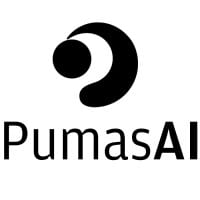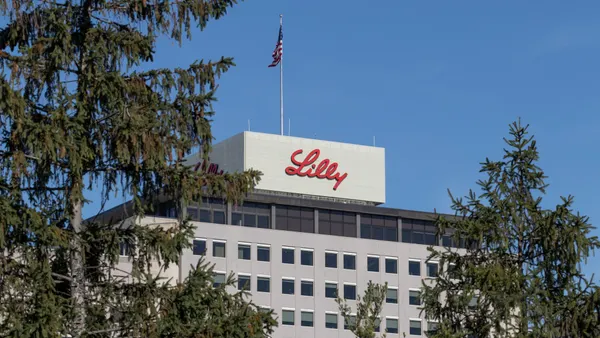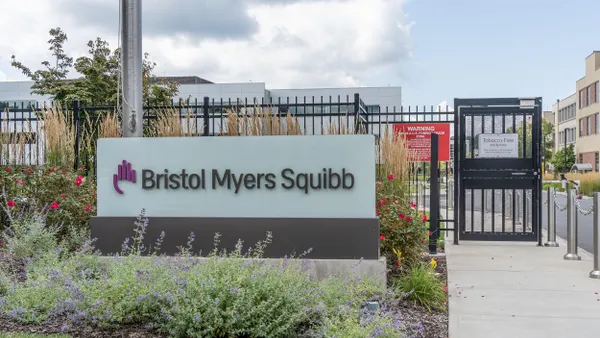Today, a brief rundown of news from GSK and Roivant, as well as updates from Zealand Pharma, Eli Lilly and Xencor that you may have missed.
GSK will not advance an experimental vaccine for the herpes simplex virus after reviewing data from a Phase 2 trial, the company said Wednesday. While no safety concerns were reported, GSK said the shot did not meet the study’s primary efficacy goal. The British drugmaker plans to “evaluate the totality of all these data” to determine how it can progress research toward a genital herpes vaccine. — Ned Pagliarulo
Roivant has housed a blood pressure drug it licensed from Bayer in a new subsidiary dubbed Pulmovant that it created last year. The companies unveiled the drug and deal Tuesday, offering details on what they claim could be a “first-in-class and best-in-category” treatment for pulmonary hypertension that’s associated with interstitial lung disease. Bayer received $14 million upfront in return for global rights to the drug, called mosliciguat. Study data presented Tuesday showed mosliciguat treatment led to clinically meaningful mean-max reductions in pulmonary vascular resistance, and Pulmovant intends to soon begin a Phase 2 trial. — Ned Pagliarulo
People with obesity taking Zealand Pharma’s weekly shot dapiglutide lost up to 6% of their body weight over 13 weeks, which represents an 8 percentage point advantage over those who were given a placebo. The results, disclosed by Zealand Monday, came from the first section of a two-part Phase 1b study that will next evaluate weight loss with increasing doses over 28 weeks. Dapiglutide is one of four obesity drugs Zealand is developing. It spurs production of the hormone GLP-1 much as Novo Nordisk’s Wegovy and Eli Lilly’s Zepbound do, but also stimulates a second gut hormone called GLP-2, which affects intestinal inflammation. — Jonathan Gardner
Eli Lilly has appointed company veteran Lucas Montarce as its next chief financial officer, replacing Anat Ashkenazi, who left Lilly in July to become CFO of Alphabet. Montarce has been with Lilly since 2001, serving in several financial leadership roles, including as finance head of Lilly Research Laboratories. Outside of the CFO role, Lilly has turned over several executive roles over the past year, among treasurer and diabetes division chief. — Delilah Alvarado
Boston-based biotechnology company Superluminal Medicines has raised $120 million in new funding to support advancement of its lead drug program into the clinic and to expand its drug discovery work around G protein-coupled receptor targets. The Series A round was led by RA Capital Management and involved existing backers Insight Partners, Gaingels and Nvidia’s venture arm. New investors Eli Lilly, Catalio Capital Management and Cooley LLP joined as well. Superluminal uses a combination of biology, chemistry and machine learning to identify promising drug compounds. — Delilah Alvarado
Xencor is the latest biotech to develop bispecific antibodies for autoimmune diseases, announcing Monday four new experimental T cell engagers it plans to test in rheumatoid arthritis, inflammatory bowel disease and other unspecified immune conditions over the next few years. Xencor’s announcement comes amid an upswing of investment in developers of autoimmune bispecifics, which proponents view as an easier-to-manufacture alternative to the cell therapies that have shown early promise in conditions like lupus. — Ben Fidler













